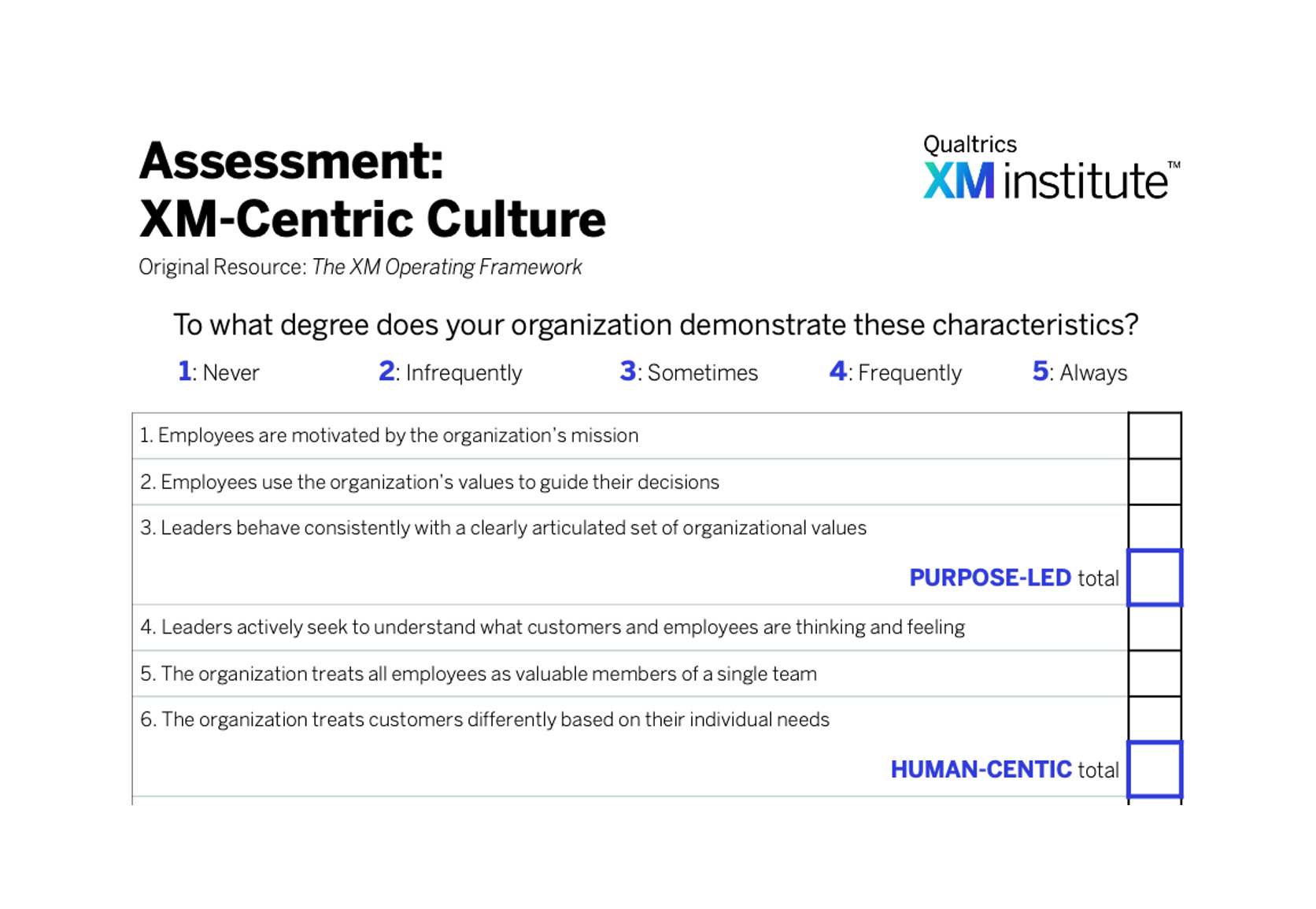In a recent Fast Company article, This Is What Caused Uber’s Broken Company Culture, Uber was described as having a…
“Hobbesian environment” where “workers are pitted against one another and where a blind eye is turned to infractions from top performers.”
While I haven’t investigated Uber’s actual culture, it’s worth examining what could have caused this type of an environment in one of the fastest growing Internet companies. To be fully transparent, I’m an Uber customer who is thrilled with how the company has transformed the taxi experience.
My take: Culture is frequently neglected. Why? Because it often doesn’t seem to show up until there’s a problem. That’s what happened at Wells Fargo, and it is also what appears to have occurred at Uber. Very few leaders set out to create a dysfunctional culture, but they exist in many places.
Every organization has a culture, whether its leaders explicitly attend to it or not. It represents how employees think, believe, and act:
- Think: Employees are intellectually bought-in and understand the company’s vision and why it is important to the company. What is the company communicating?
- Believe: Employees see that leaders are truly committed to what is important to the company. What are leaders demonstrating with their behaviors?
- Act. Employees adjust their behaviors to align with what is important to the company. What do employees do when no one is looking?
In young companies, organizational culture closely mirrors the attitudes of its leaders. If they care about fast growth at all costs or winning through combat, then that’s the context that frames how employees think, believe, and act. If the company is successful, then the culture tends to be strong, as it is implicitly reinforced by that success.
What does strong culture look like? Picture a cult. Behavior isn’t judged on a normal good/bad scale, but on how well people conform to the tone set by its leaders. Inappropriate behavior such as the sexual harassment alleged at Uber can go unchecked, unless it overtly bumps up against a cultural norm. If alleged allegations of wrong doing are not important to the leaders, then they will not be taken seriously or even acknowledged.
To all of the leaders reading this post, especially those who are running young, fast-growing companies, please stop ignoring organizational culture. You’re responsible for much more than financial results. You’re creating an organization that can hopefully endure and add value to society. So focus on your organizational culture and create a company that you can be proud of for generations.
Wondering how to do it? Read my post: Put Culture Change On Your 2017 CX Agenda. Here’s How.
The bottom line: Organizational culture really, really matters!
This blog post was originally published by Temkin Group prior to its acquisition by Qualtrics in October 2018.





